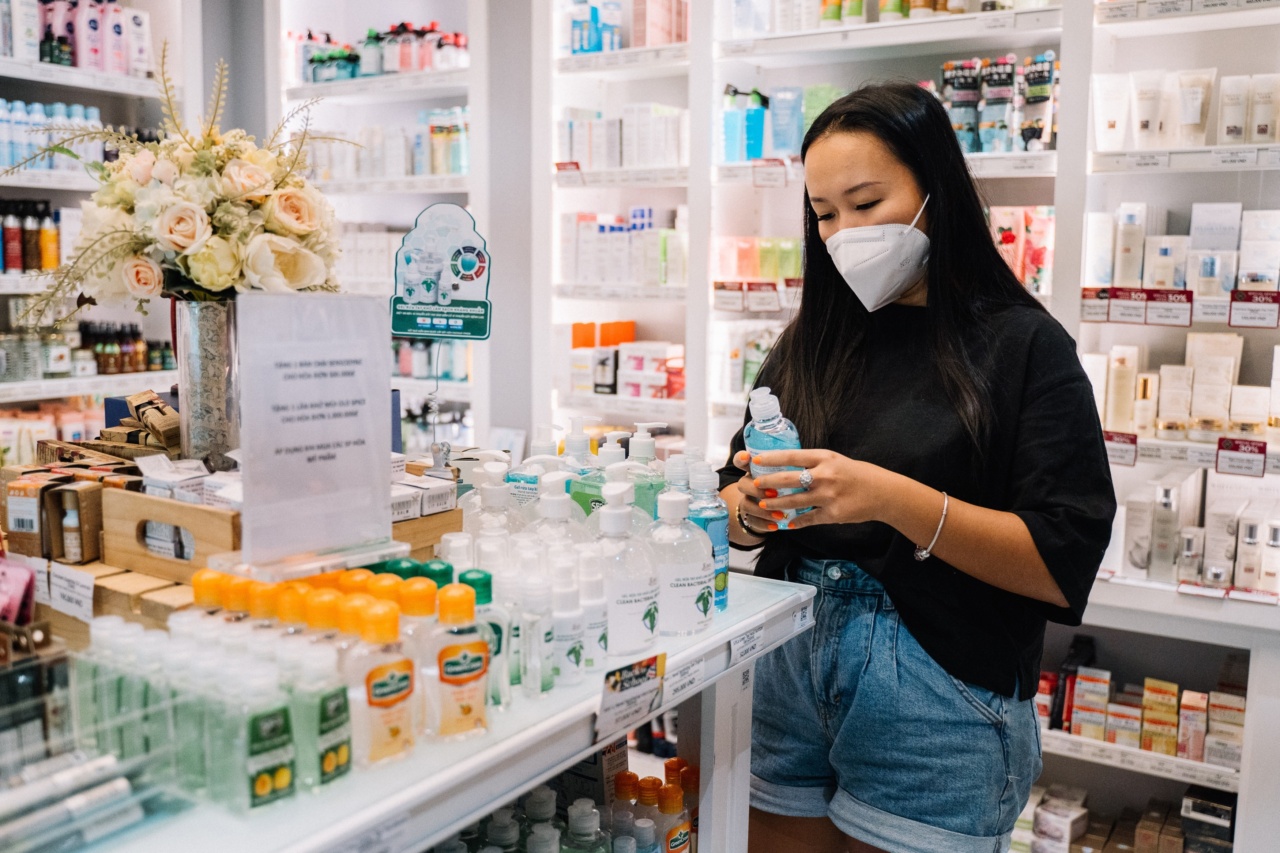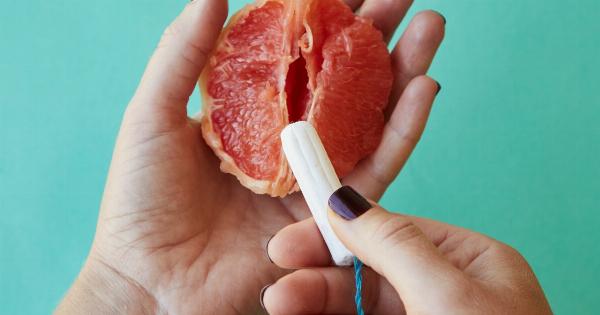Vaginal dryness is a common problem that affects many women of all ages. It can cause discomfort and pain during sexual intercourse, as well as lead to vaginal itching, burning, and irritation.
The condition can also increase the risk of vaginal infections and urinary tract infections (UTIs). Vaginal dryness occurs when there is a decrease in the natural lubrication of the vagina, which is usually due to a decrease in estrogen levels. There are many treatment options available to help manage and alleviate symptoms of vaginal dryness.
In this article, we will discuss the symptoms of vaginal dryness and some of the most effective treatment options.
What Causes Vaginal Dryness?
As previously stated, vaginal dryness is most commonly caused by a decrease in estrogen levels. This is because estrogen plays an important role in maintaining the health of the vaginal tissues.
Without enough estrogen, the tissues of the vagina can become thin and less elastic, which can lead to irritation, itching, and dryness. There are several reasons why a decrease in estrogen levels can occur, including:.
- Menopause
- Breastfeeding
- Cancer treatments, such as chemotherapy and radiation therapy
- Surgical removal of the ovaries
- Use of certain medications, such as antidepressants and allergy medications
It is important to note that vaginal dryness can occur at any age, not just during menopause.
This is because estrogen levels can fluctuate throughout a woman’s life, for example, during pregnancy, while breastfeeding, and during times of extreme stress.
Symptoms of Vaginal Dryness
The symptoms of vaginal dryness can vary from person to person, but some of the most common symptoms include:.
- Dryness or itching in and around the vagina
- Burning or stinging sensation during sex
- Painful sex
- Redness and inflammation around the vagina
- Increase in the frequency of urinary tract infections
- Increase in vaginal infections, such as yeast infections
Treatment Options for Vaginal Dryness
The most effective treatment options for vaginal dryness depend on the underlying cause of the condition. However, there are several treatment options that can help alleviate symptoms and provide relief. Some of the most common treatment options include:.
1. Vaginal Lubricants
Vaginal lubricants, also known as sexual lubricants, are designed to reduce friction during sexual intercourse. They come in different forms, including gels, liquids, and creams, and can be used before or during sex to provide lubrication.
Vaginal lubricants can be purchased over-the-counter at most drug stores or online.
2. Vaginal Moisturizers
Vaginal moisturizers are designed to provide long-lasting relief from vaginal dryness. They come in different forms, including gels, creams, and suppositories, and can be used regularly to help keep the vagina moist.
Vaginal moisturizers can be purchased over-the-counter at most drug stores or online.
3. Hormone Therapy
Hormone therapy, also known as estrogen replacement therapy, is often prescribed to women who experience vaginal dryness due to a decrease in estrogen levels. Hormone therapy can be taken in the form of a pill, patch, cream, or vaginal ring.
It is important to talk to your doctor about the potential risks and benefits of hormone therapy before starting treatment.
4. Vaginal Estrogen
Vaginal estrogen is a form of hormone therapy that is applied directly to the vagina. It comes in the form of a cream, tablet, or ring and can help restore vaginal moisture and elasticity.
Vaginal estrogen is often prescribed to women who experience vaginal dryness due to menopause or other hormonal changes.
5. Lifestyle Changes
There are several lifestyle changes that can help alleviate symptoms of vaginal dryness, including:.
- Drinking plenty of water to stay hydrated
- Avoiding douching, which can disrupt the natural balance of bacteria in the vagina
- Using mild, fragrance-free soap when washing the genital area
- Avoiding scented or perfumed products, such as soaps, lotions, and laundry detergents
- Wearing cotton underwear and loose-fitting clothing to allow for air circulation
Conclusion
Vaginal dryness is a common condition that can cause discomfort and pain for many women. However, there are several treatment options available to help manage and alleviate symptoms.
If you are experiencing symptoms of vaginal dryness, it is important to talk to your doctor about your treatment options.


























